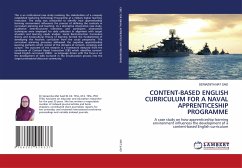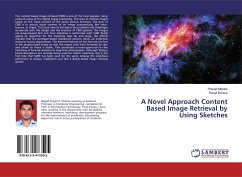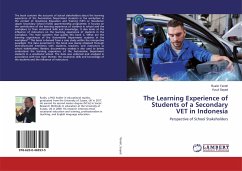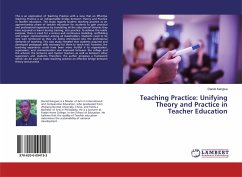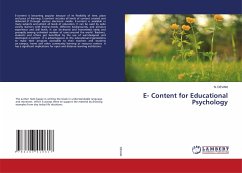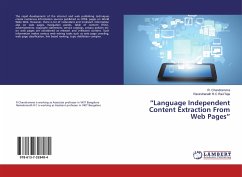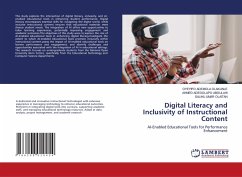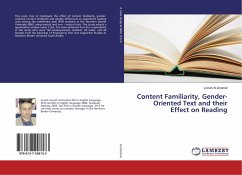This is an institutional case study involving the stakeholders of a uniquely established Seafaring Technology Programme at a military higher learning institution. The study was conducted to identify how apprenticeship learning environment influences the process of defining the contexts in curriculum planning and teaching. As a descriptive interpretive case study, qualitative semi-structured interviews and participant observation techniques were employed for data collection in alignment with target situation and learning needs analysis. Social Reconstruction Curriculum theory and Sociocultural Theory of learning formed the fundamental of developing the heuristic curriculum from the social perspective. The curriculum planning processes addressed the cognitive apprenticeship learning elements which consist of the domains of content, sociology and culture. The outcome of the research is a framework deduced from the continuum of Content Based Instruction (CBI) which identifies content-based English curriculum (CBEC) as language driven with the focus is on the development of skills nurtured in the enculturation process into the target professional discourse community.
Bitte wählen Sie Ihr Anliegen aus.
Rechnungen
Retourenschein anfordern
Bestellstatus
Storno

